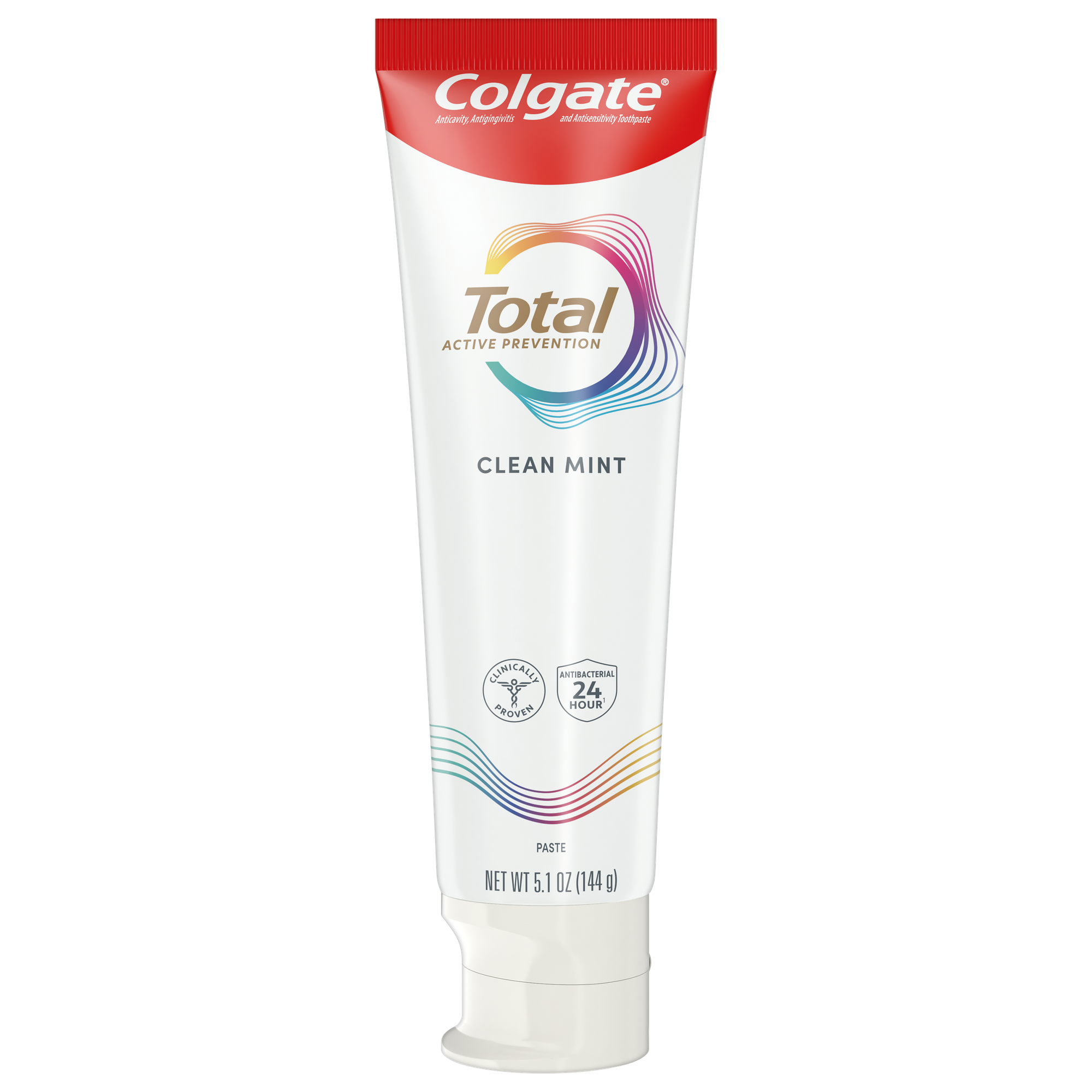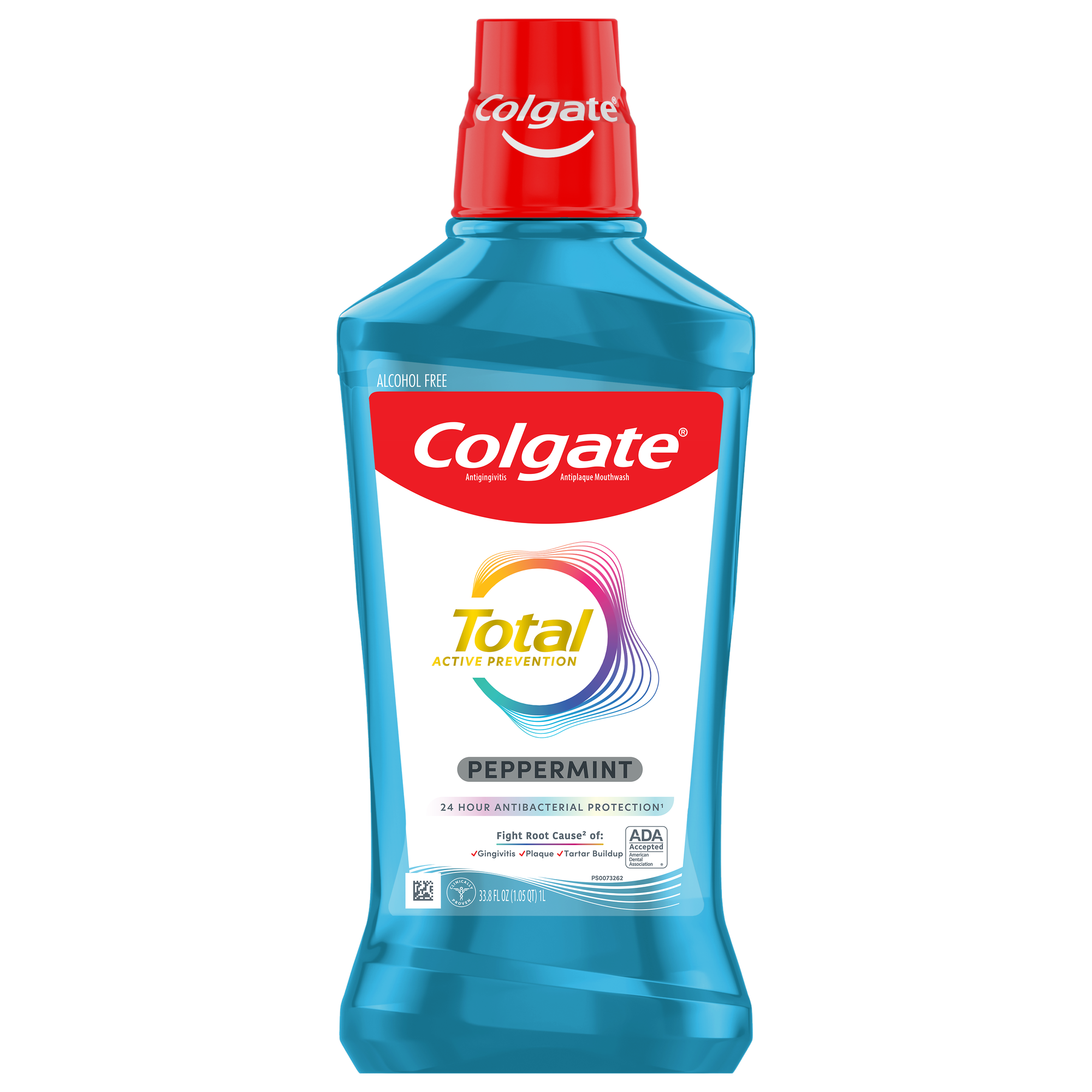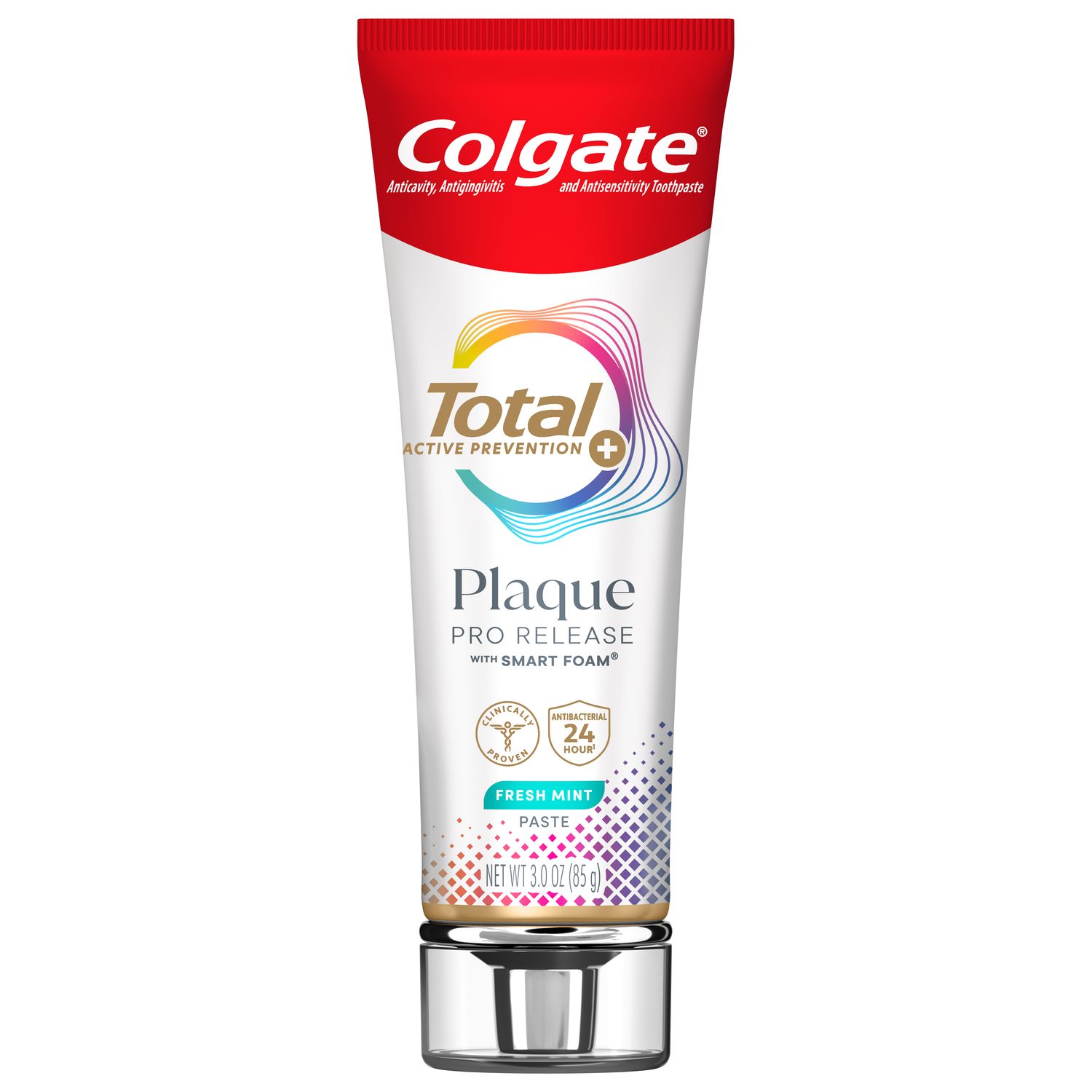
Diet and oral health are closely linked. It is thought that a variety of factors influence the oral cavity, including macro- and micro-nutrients, vitamins, and the manner in which they are consumed. Additionally, dietary and nutritional considerations include certain medical conditions and socio-economic status.
Poor dietary habits can lead to oral diseases, including dental caries and dental erosion. Poor oral health can also result in dietary changes such as caused by difficulty chewing. Here we’ll look at the impact of diet with respect to dental caries and dental erosion.
Dental Caries
Dental caries is a biofilm-mediated, multifactorial disease and globally the most common disease. It occurs when cariogenic bacteria contained in dental biofilm (plaque) ferment carbohydrates, resulting in the production of acid that can demineralize dental hard tissues. For enamel to demineralize, bacterial acid production must result in a drop in pH to below 5.5. Dentin contains less inorganic content and demineralization occurs at a higher pH than for enamel.
The caries process itself is dynamic, with cycles of demineralization and remineralization. Under favorable conditions, demineralization does not occur and if it does occur is followed by remineralization. Under unfavorable conditions, remineralization does not occur or is outpaced by demineralization, and dental caries can progress. A lower-pH oral environment also favors acid-producing bacteria, accelerating the process further.
Bacterial acid production requires consumption of fermentable carbohydrates (sugars and starches). The main concern is intake of free sugars, which are quickly fermented by cariogenic bacteria. The amount consumed influences caries development, as well as the frequency of intake - more frequent consumption creates more frequent opportunities for a drop in the intraoral pH below the level required for demineralization of tooth structure.
Free sugars include those found naturally in fruits, fruit juices, honey, maple syrup and other natural syrups, as well as sugars added to foods and drinks. Examples include glucose, sucrose and fructose, with sucrose being the most cariogenic. Added sugars can be found in varying quantities in many foodstuffs, such as candies, ice cream, sodas, fruit drinks, snack foods, baked goods, sweet desserts, some sauces and even soups.
Dental Erosion
Dental erosion involves the irreversible demineralization of surface tooth structure and is caused by acids that were not produced by bacteria. The acid can be intrinsic (gastric acid) or extrinsic. Dietary acid intake is the primary source of extrinsic acids causing dental erosion. The frequency of exposure, pattern of consumption and the time for which the acidic food/drink is in contact with teeth all influence whether, and how much, dental erosion may occur. Examples of acidic drinks include sodas, diet sodas, some iced teas, some bottled waters, energy drinks, fruit juices and fruit drinks. Examples of acidic foods and snacks include citrus fruits, apples, blueberries, pickles, chutneys, acidic salad dressings, and acidic candies.
There is evidence that milk and yogurt are protective against dental erosion, and although low-pH yogurt is calcium-rich and adds buffering capacity.
Recommendations for Patients
For patients at higher risk for dental caries, preventive in-office application of 5% sodium fluoride varnish at least every three to six months is recommended. For example, Colgate Prevident varnish, which sets rapidly on contact with saliva. Home use of a prescription-level 5000 ppm fluoride paste/gel such as Colgate PreviDent 5000 Booster Plus provides added protection against dental caries. This level of fluoride has also been shown to be protective against acid erosion.
It is important that we provide dietary advice to patients at risk on limiting their intake and frequency of intake of fermentable carbohydrates (in particular free sugars) to reduce their risk for dental caries, as well as on limiting their intake of acidic foods and drinks to reduce their risk of dental erosion. Patients should be advised with examples of items to avoid, particularly as patients may believe some of these are ‘healthier’ options (e.g., syrups, diet soft drinks, bottled fizzy waters).
Ultimately, a healthy diet is a key factor when it comes to preventing dental caries and erosion.
Join us
Get resources, products and helpful information to give your patients a healthier future.
Join us
Get resources, products and helpful information to give your patients a healthier future.













